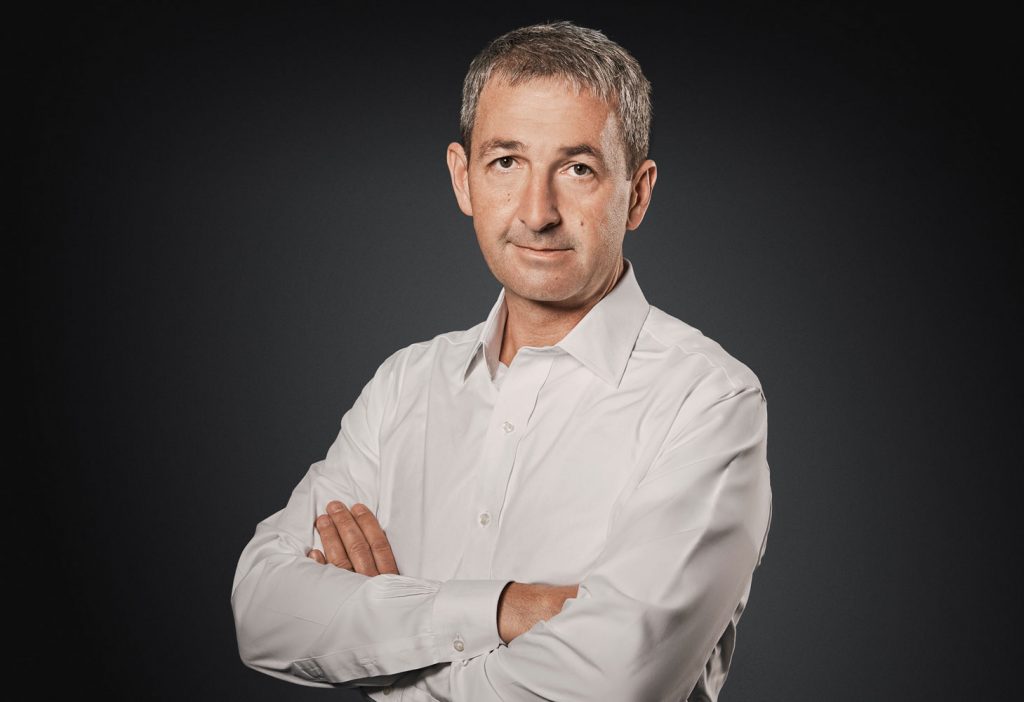Construction Project MANAGEMENT
![]()
The realization of a construction project in one’s home country is already a challenge for anyone, whether a layperson or a professional. Construction measures abroad are consequently much more complex, due to frequent language barriers, country-specific standards, and national regulations.
The goal of project management is to represent your interests in the realization of construction and real estate projects both technically and economically with the utmost care on-site.
In addition to coordinating the various parties involved in the construction, cost control, and monitoring of deadlines and schedules, our responsibilities include quality and quantity checks, seamless documentation, as well as daily site inspections and weekly reports with photo documentation. However, not only construction-specific knowledge is required to successfully and purposefully complete a project, but also a great deal of experience with authorities, local building methods, and local companies.
We understand that every project is unique and individual. With our expertise, qualified staff, and partners, we can help make your dream of owning a home in Mallorca a reality.
“Trust is good, but control is better.”
Oliver Girharz
Projektmanager

Project Preparation
Project preparation is a crucial step towards the success of a project. In this early phase, the project goals (quality – costs – deadlines) are defined in detail in collaboration with the client and finally assessed through a feasibility study. Once the project goals are established and agreed upon, the project strategy is determined, including the selection of architects and engineers, as well as the procurement strategy (e.g., individual contracting vs. partial contracting vs. general contractor), and decision management is discussed. Project preparation is the key factor in achieving the project goals and serves as the foundation for the success of any project!
Detailed Design Planning
Once the project preparation is complete, the project manager moves into the execution planning phase, which has little in common with the architect’s detailed design planning. This phase includes contract management with designers, pre-discussions with construction companies, as well as the preparation and selection of materials (e.g., samples), and finalizing insurance contracts. Additionally, obtaining bids, creating bid comparisons, and providing recommendations for awarding contracts are among the many responsibilities of the project manager. The goal of this phase is to ensure a smooth project execution without significant disruptions to the construction process.
Monitoring
The project manager is responsible not only for regular but continuous monitoring of the entire project processes and must intervene immediately in case of any disruptions. In addition to overseeing the quality, timelines, and costs, the project manager must also ensure that all parties involved in the construction fulfill their contractual obligations. This monitoring of quality, timelines, and costs extends beyond the execution of construction work to include the services provided by architects, engineers, and any other specialist planners or project participants.
Project completion
The project manager’s work is far from over with the completion of construction. In addition to preparing a comprehensive project completion report, contracts with electricity and water providers need to be arranged, and the necessary administrative steps for obtaining the certificate of occupancy and first occupancy license must be initiated and finalized. Additionally, managing defects after the handover of the construction is one of the project manager’s responsibilities, as well as preparing maintenance contracts.
The main tasks of the project manager are best described by the overarching terms control, coordination, and communication. They are responsible for overseeing and coordinating the entire construction process from both a commercial and technical perspective. The project manager must also consider the legal and tax aspects, be communicative, and have the ability to grasp the big picture. Depending on the progress of construction, and following the principle “Trust is good, but control is better,” the project manager should ideally be on-site daily. This is the only way to ensure that adequate quality control actually takes place and that they are sufficiently informed about everything.
Impressions



